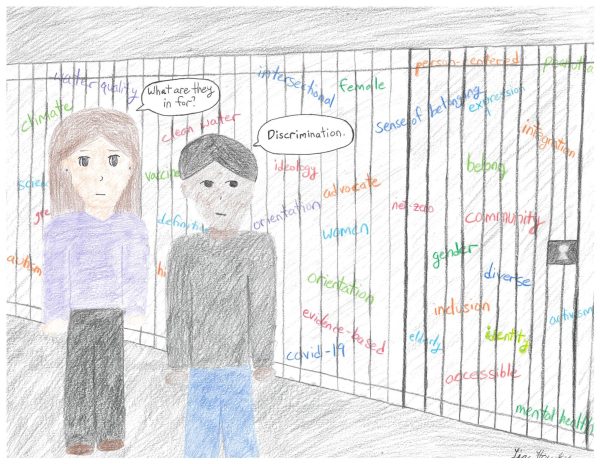You Want to Federally Legalize Weed? …Are You High?
The United States of America must enhance its economy. State legalization of marijuana has lead to this outcome. Similarly, federally legalizing it will strengthen our country’s future.
One of the most potent effects of legalized cannabis is a massive boost to the economy. The Huffington Post reports that since Colorado legalized marijuana in 2014, the state has “brought in nearly $73.5 million […] in just a few years”. This also works on a local level. The mayor of New Castle, Arkansas, Anthony Mastrangelo, commented on the new and popular decision to grow marijuana in small towns, saying, “ ‘We’re talking about bringing in anywhere from 100 to 150 jobs — for us, that’s important’ ”(Fausset 2).
Not only does cannabis create revenue, but it also saves the government money. The Washington Post comments, “The reduction in arrests is ‘saving those jurisdictions millions of dollars and preventing the criminalization of thousands of people.’
“By no longer arresting and prosecuting possession and other low-level marijuana offenses, states are saving hundreds of millions of dollars.” Decreased arrest rates from marijuana will allow this country to focus on stopping more violent crimes. The Washington Post expresses that, ”Cultivation and disturbance of marijuana have plummeted since voters legalized the adult use of marijuana”(Ingraham 2). The voters speaking up and saying marijuana use should be legal shows that this drug has little to no negative impact in the public eye.
Beyond our borders, federally legalizing marijuana would mean a significant decrease in demand for cartel drugs. Several studies have found “that legalizing marijuana would take business away from major drug cartels.”(Hoover 1) With marijuana easily accessible to the public, drug cartels would lose a significant source of profit.
While legalizing marijuana has many positive effects, some argue legalizing it will increase its use among teenagers and increase the number of traffic fatalities. While both points seem logical, neither of them are supported by statistics. For example, The Washington Post’s, Christopher Ingraham, found state surveys in Colorado and Washington show “no significant change in marijuana use among teens since voters passed legislation measures.” Additionally, Ingraham finds while “drivers in fatal crashes are now more likely to test positive for marijuana” in Colorado and Washington, “the post-legalization traffic fatality rate has remained statistically consistent with pre-legalization levels.”
In the end, the right way forward is all too clear. Legalizing marijuana creates opportunities, while also reducing unnecessary jailing. If marijuana remains illegal in the United States, then our country will continue to degrade as we throw thousands of people in prison and waste millions of dollars that could be used to fund positive change, all for a harmless drug.





